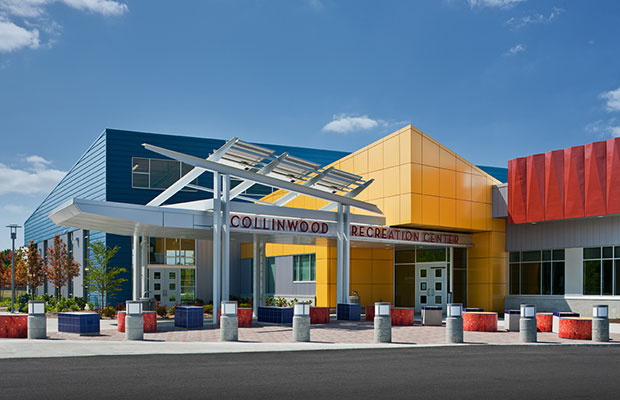
In many suburban regions, towns, cities, villages, and a multitude of government agencies have jurisdiction over their own land. A hodgepodge of municipalities and agencies oversees everything from transportation to drinking water provision and open space protection. This uncoordinated approach makes regions less competitive, perpetuates suburban sprawl, and threatens natural resources. Our communities can no longer afford to go it alone. It’s time to create new alliances and chart a better path forward.

When a retailer walked away, Cleveland reinvested in a building—and a community
Both design and location matter
A new analysis by Todd Litman at the Victoria Transport Policy Institute concludes that sprawl costs the U.S. economy more than $1 trillion every year.
ASU researchers have found that sprawl retrofitting can be a solution
BE PART OF THE CONVERSATION
Follow @betterburb